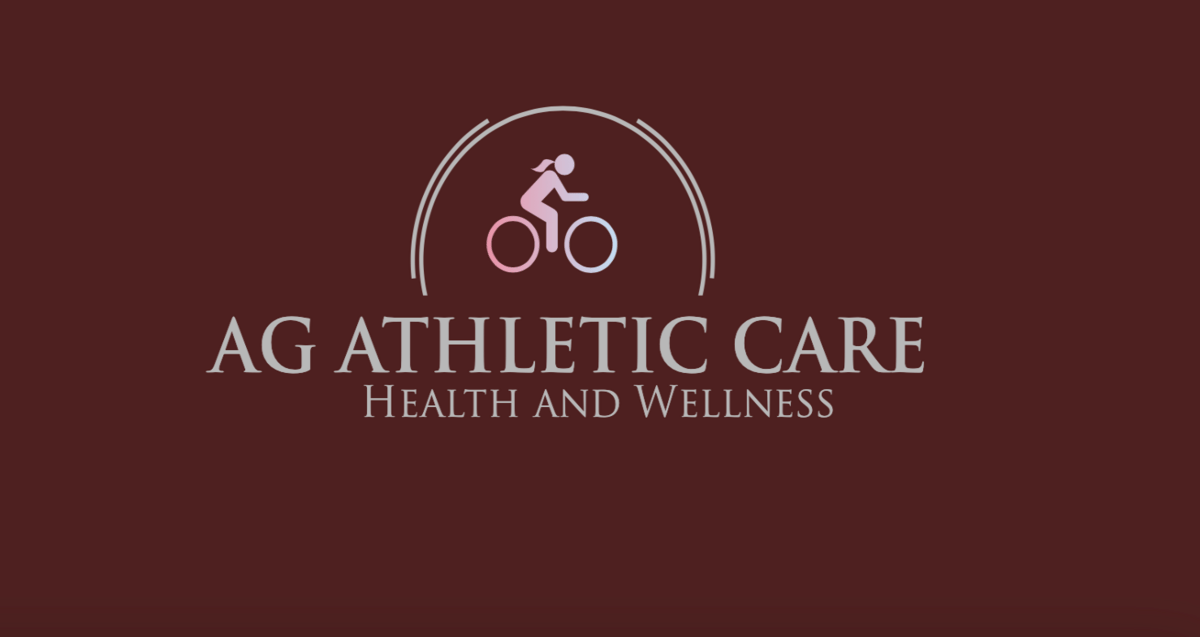Hello AG Fitness Family!
We wanted to take a moment to discuss the importance of implementing a post-exercise and sport recovery routine into your fitness regimen. Whether you are an avid athlete or simply enjoy engaging in physical activities, recovery plays a crucial role in optimizing performance and preventing injuries.
After intense exercise or sports activities, our bodies undergo various physiological changes. These include muscle breakdown, depletion of energy stores, and the accumulation of metabolic waste products, such as lactic acid. Without adequate recovery, these changes can lead to fatigue, decreased performance, and increased risk of injuries.
Here are some key reasons why incorporating a post-exercise and sport recovery routine is essential:
1. Muscle Repair and Growth: Engaging in physical activities causes micro-tears in our muscles. Proper recovery allows these muscles to repair and grow stronger. This process is crucial for improving strength, endurance, and overall athletic performance.
2. Reduced Muscle Soreness: A well-planned recovery routine helps reduce delayed onset muscle soreness (DOMS), which is the pain and stiffness experienced after intense exercise. Techniques such as stretching, foam rolling, and massage can significantly alleviate muscle soreness and improve recovery time.
3. Energy Restoration: Exercise depletes our energy stores, such as glycogen. Post-exercise recovery routines, including consuming balanced meals and staying hydrated, help replenish these energy reserves, promoting faster recovery and preventing fatigue.
4. Injury Prevention: Fatigue and insufficient recovery are major contributors to sports-related injuries. Implementing rest days, gentle exercises, and proper warm-up and cool-down routines can help reduce the risk of overuse injuries and musculoskeletal imbalances.
5. Mental Well-being: Physical activity not only affects our physical health but also has a significant impact on our mental well-being. Taking the time to recover after exercise helps reduce stress, improves mood, and enhances overall mental resilience.
To ensure the effectiveness of your recovery routine, consider incorporating the following practices:
a. Adequate Rest: Allow your body enough time to recover between intense workouts or sports activities. Aim for at least one or two rest days per week.
b. Proper Nutrition: Consume a balanced diet with sufficient carbohydrates, proteins, and healthy fats to support muscle repair and replenish energy stores.
c. Hydration: Stay hydrated before, during, and after exercise to optimize bodily functions and aid in recovery.
d. Stretching and Flexibility: Incorporate dynamic and static stretching exercises to improve flexibility, enhance muscle recovery, and prevent injuries.
e. Sleep: Prioritize quality sleep to facilitate physical and mental recovery. Aim for 7-9 hours of uninterrupted sleep per night.
It is important to remember that recovery routines may vary based on individual needs and the type of physical activity. Consulting with a qualified healthcare professional or a certified trainer can provide personalized guidance and recommendations.
Should you require further information or have any questions, please feel free to reach out to me.
Garret TenBarge, LAT, ATC.
Co-founder
Aeden Ligon, LAT, ATC.
Co-founder
References:
1. Armstrong, R. B. (1984). Mechanisms of exercise-induced delayed onset muscular soreness: a brief review. Medicine and science in sports and exercise, 16(6), 529-538.
2. Hawley, J. A., & Burke, L. M. (1997). Effect of meal frequency and timing on physical performance. British Journal of Nutrition, 77(S1), S91-S103.
3. Howatson, G., van Someren, K. A., & Hortobágyi, T. (2008). Repeated bout effect after maximal eccentric exercise. International journal of sports medicine, 29(08), 725-730.
4. Kellmann, M., & Kallus, K. W. (2001). Recovery-stress questionnaire for athletes: User manual. Human Kinetics.
5. Walsh, N. P., Halson, S. L., Sargent, C., & Roach, G. D. (2006). Sleep and the athlete: narrative review and 2021 expert consensus recommendations. British journal of sports medicine, 55(7), 356-368.

